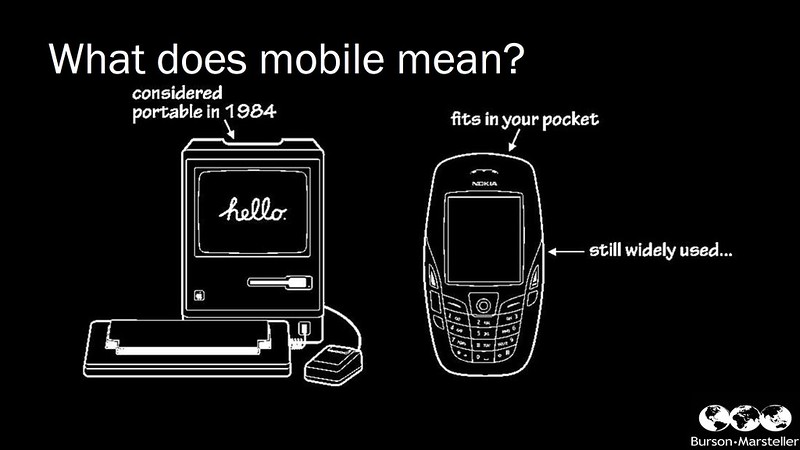Ogilvy social trends
Marshall and James delivered their Ogilvy social trends presentation on a webinar. Included in the Ogilvy social trends presentation is
- Disposable / transient content
- Brand banter
- Sub-dividing communities using greater ad targeting
- Twitter zero as the organic reach on the platform plunges towards zero
- Platforms battle for video dominance
- Rise in privacy facilitating services
- Digital and identity are blurring the lines between aspiration and self actualisation
Here is this year’s Ogilvy social trends presentation:
Vintage logo design
Flickr user Eric Carl has put together an amazing album of vintage logo design from the 1970s and they are truly splendid in monochrome. They are like set of post modern mons – the iconic symbols that Japanese clans used to represent themselves. They also feel timeless rather than trend driven.
Great to finally see something we’ve been working on for a good while break cover. I have been working on a global website redesign and digital strategy for the Family Brands unit at Unilever. This is their worldwide margarine (and related cooking ingredients including cream analogues) product portfolio of products. A second project that I have been involved in is a set of adverts that will be rolling out globally. This is debuting in Mexico. Unfortunately, I couldn’t enjoy it as the new, new thing beckons.
David Tran is a Vietnamese man of Chinese ethnic origin. Sriracha sauce actually has its origins in Thai cooking where is also called man phrik. The Vietnamese use it as a condiment for pho and fried Noodles. Huy Fong Foods is named after the Taiwanese owned freighter that got Mr Tran out of Vietnam in 1979. It is called Rooster sauce because of the rooster on the bottle. The rooster is on the bottle because Mr Tran was born in the year of the rooster.
Venture capital firm Andreessen Horowitz | 16 Things looks at the trends shaping the companies that they invest in.
Rendering fractals using CSS3 and HTML (without the help of JavaScript) | Snowflake – they had me at fractal.
DLD15 – The Four Horsemen: Amazon/Apple/Facebook & Google–Who Wins/Loses (Scott Galloway) – his delivery is almost like freestyle rap. Galloway highlights real concerns about the business models of Amazon, Facebook and Google; which are destroying wider economic value.
Amazon has decimated whole industry sectors: retail and retail real estate. It has tried to disrupt publishing and media production. Galloway’s book The Four is less engaging than his keynote delivery. More on The Four here.
To support the launch of the film Doraemon: Stand By Me in Hong Kong, a mobile merchandise shop was created that paid homage to the robot cat.
Hong Kong like other Asian markets (Japan, Korea, Thailand) is a huge market for cute character franchise merchandise.


